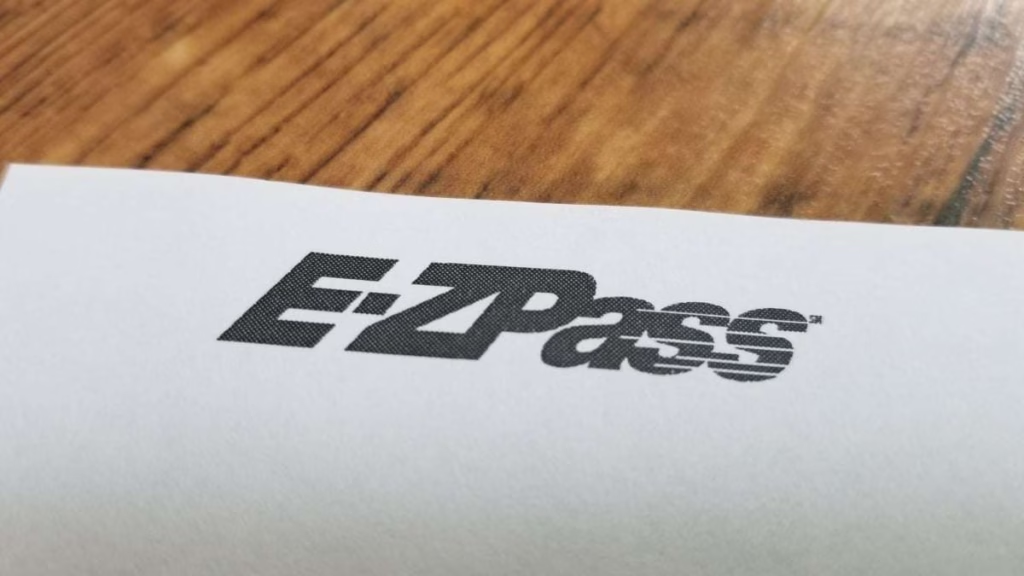Beware of Toll Scam Texts: A Growing Threat to Drivers Across the US
As the world becomes increasingly digital, scammers are finding new ways to target unsuspecting individuals, and one of the latest threats is the toll scam text. These texts, which claim to be from reputable toll services like E-ZPass, FasTrak, or Peach Pass, have been making the rounds, leaving many drivers wondering what to do.
The scam typically involves a text message from a random number, claiming that you have unpaid tolls or fees and must take immediate action to avoid consequences. The message often includes a link, which, if clicked, can lead to a sketchy website designed to gather your personal information. It’s a clever tactic, but one that can be easily avoided if you know what to look out for.
How to Spot a Toll Scam Text
To protect yourself from these scams, it’s essential to be vigilant. Here are some tips to help you spot a toll scam text:
- Check the sender: Legitimate toll services like E-ZPass, FasTrak, or Peach Pass will not send texts from random numbers or email addresses.
- Be wary of links: Never click on a link from an unknown sender, as it can lead to a malicious website.
- Look for red flags: If the message creates a sense of urgency or threatens to suspend your driver’s license, it’s likely a scam.
What to Do If You Receive a Toll Scam Text
If you receive a suspicious text, don’t panic. Simply delete the message and report it as junk. If you’re concerned that the text might be legitimate, contact your local tolling agency to verify. The Federal Trade Commission recommends exercising caution when dealing with unknown senders, and if you’re unsure, it’s always best to err on the side of caution.
A Nationwide Problem
The toll scam text issue is not limited to one state or region. It’s a nationwide problem, with reports of scams surfacing in states like Georgia, California, Texas, and New York. Government agencies and toll services have issued warnings, and it’s crucial for drivers to be aware of the threat.
In conclusion, toll scam texts are a growing concern, but by being aware of the warning signs and taking the necessary precautions, you can protect yourself from falling victim. Remember, it’s always better to be safe than sorry, and if you’re unsure about a text, it’s best to delete it and move on. Stay vigilant, and don’t let scammers take advantage of you.
